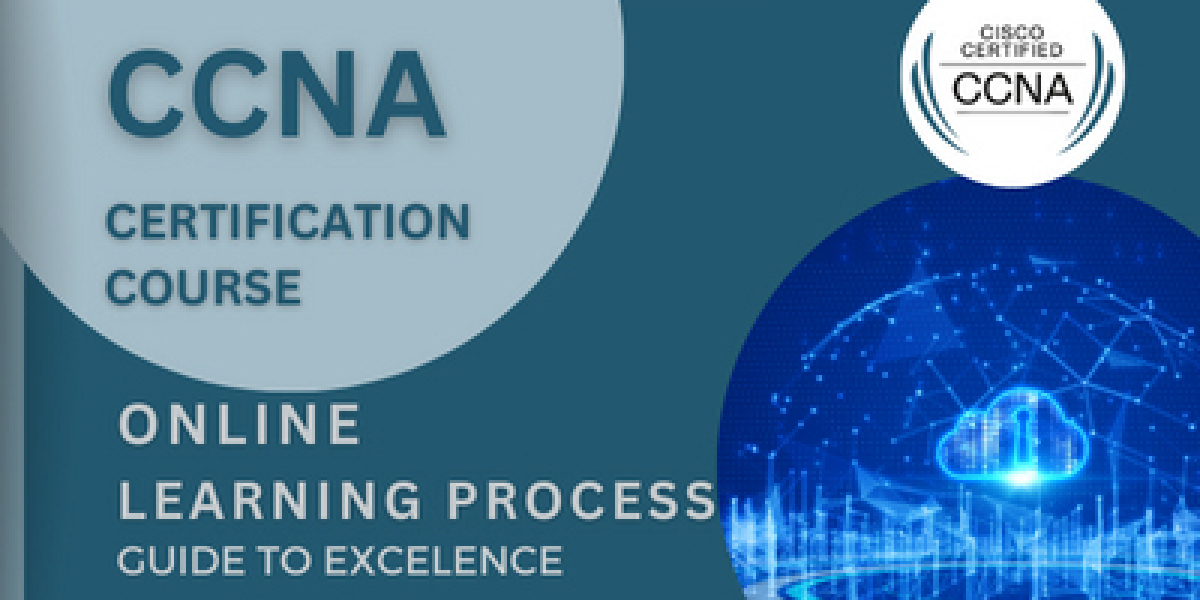In the ever-evolving landscape of networking certifications, the question of whether to skip the Cisco Certified Network Associate (CCNA) certification before pursuing the Cisco Certified Network Professional (CCNP) Service Provider track is a subject of much debate among IT professionals. Traditionally, the CCNA has been seen as a foundational stepping stone to more advanced certifications like the CCNP. However, with changes in the industry and the certification landscape, some argue that skipping the CCNA in favor of directly pursuing the CCNP Course Service Provider certification may be a viable option. Let's explore both sides of the argument to better understand the considerations at play.
On one hand, proponents of skipping the CCNA argue that the certification may not be necessary for individuals with prior experience or knowledge in networking. The CCNA covers fundamental networking concepts such as network fundamentals, routing and switching, security fundamentals, and automation and programmability. For seasoned networking professionals who already possess a strong grasp of these concepts through practical experience or previous certifications, spending time and resources on obtaining the CCNA may seem redundant.
Moreover, the CCNP Service Provider certification focuses specifically on advanced networking concepts relevant to designing, implementing, and troubleshooting service provider networks. By skipping the CCNA and diving straight into the CCNP Service Provider track, candidates can expedite their path to acquiring expertise in areas directly applicable to their career goals. This approach allows individuals to focus their efforts on mastering the intricacies of service provider technologies without the need to revisit foundational concepts covered in the CCNA.
Additionally, skipping the CCNA may save both time and money for individuals pursuing the CCNP Service Provider certification. Rather than investing resources in obtaining two separate certifications, candidates can streamline their certification journey and allocate their resources more efficiently towards achieving their ultimate career objectives.
However, critics of skipping the CCNA argue that the certification provides essential knowledge and skills that serve as a solid foundation for more advanced certifications like the CCNP Service Provider. The CCNA curriculum covers fundamental networking principles that form the building blocks of more complex networking technologies. Without a thorough understanding of these basics, individuals may struggle to grasp the advanced concepts presented in the CCNP Service Provider track.
Furthermore, the CCNA certification demonstrates to employers a candidate's commitment to professional development and mastery of fundamental networking concepts. While practical experience is undoubtedly valuable, certifications serve as tangible evidence of an individual's expertise and dedication to their craft. By bypassing the CCNA, candidates may inadvertently limit their opportunities for career advancement or job prospects, as many employers still value the CCNA as a prerequisite or preferred qualification for networking roles.
Moreover, the CCNA certification provides a comprehensive introduction to Cisco networking technologies, which are widely used in enterprise and service provider environments. Even for individuals with prior experience in networking, the CCNA offers an opportunity to familiarize themselves with Cisco-specific protocols, configurations, and best practices that may not be covered in other certifications or practical experiences.
In conclusion, whether to skip the CCNA before earning the CCNP Service Provider certification ultimately depends on individual circumstances, including prior experience, career goals, and resource constraints. While skipping the CCNA may expedite the path to acquiring more advanced certifications and save time and money in the short term, it may also entail missing out on foundational knowledge and skills that can benefit individuals in their networking careers in the long run.
Ultimately, candidates should carefully weigh the pros and cons of skipping the CCNA and consider consulting with industry professionals or mentors to make an informed decision aligned with their career aspirations. Regardless of the chosen path, continuous learning and professional development remain essential for success in the dynamic field of networking.







